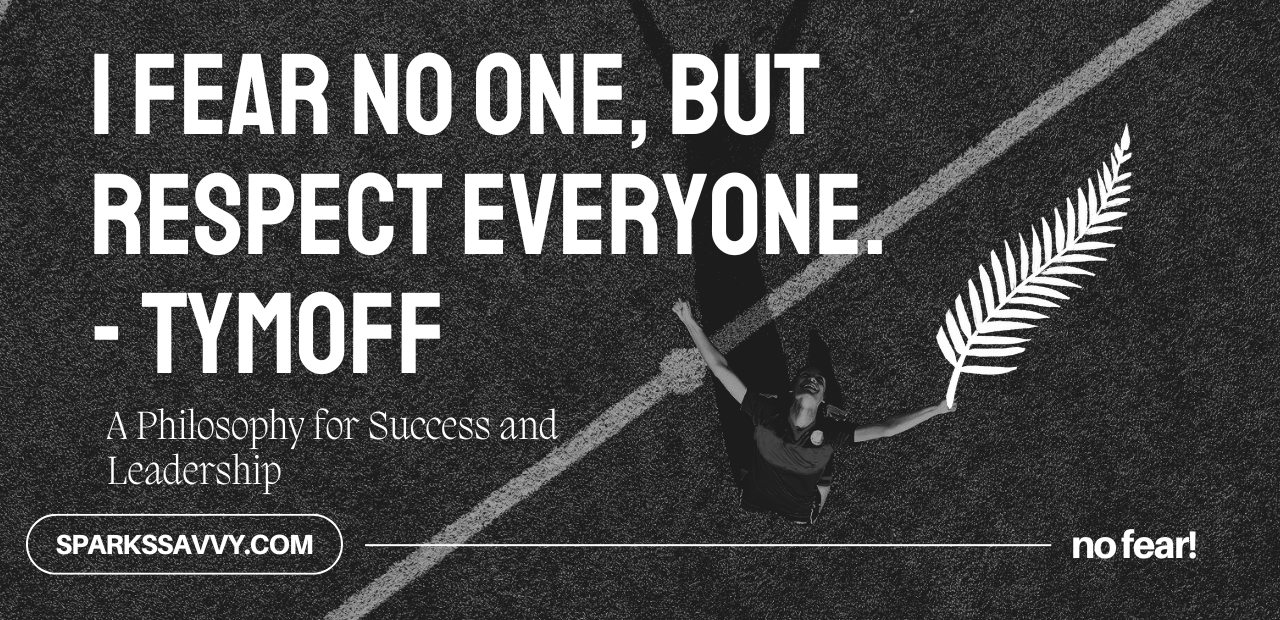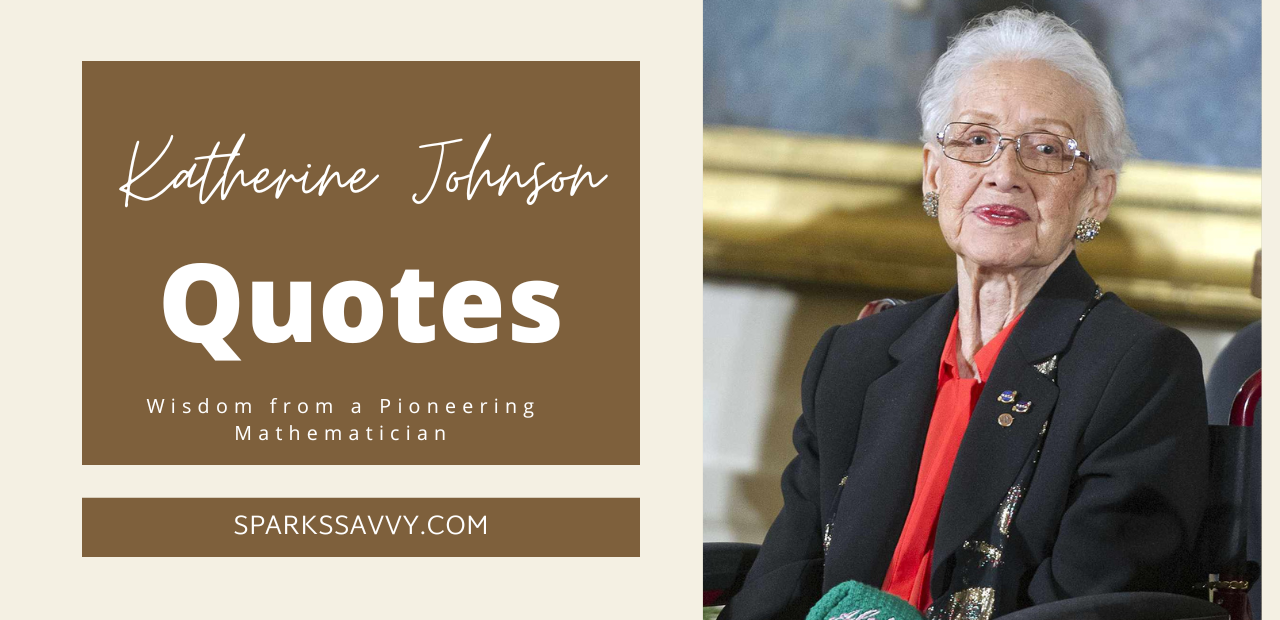Learn to Sit Back and Observe. Not Everything Need – Tymoff. In our fast-paced world, where responses are immediate and reactions seem compulsory, taking a step back to observe rather than react is a valuable skill. This concept encourages us to embrace stillness, make thoughtful decisions, and allow ourselves room to process events without immediate involvement. For those who strive to lead a more mindful and peaceful life, learning to “sit back and observe” is an essential practice. In this article, we will explore the importance of observation, its benefits, and how practicing this mindful approach can transform our personal and professional lives.
Why We Should “Sit Back and Observe”

Observation allows us to look at situations from an impartial perspective, offering insights that impulsive reactions often obscure. We are conditioned to respond swiftly in today’s culture of instant gratification and perpetual connectivity. But by consciously choosing to observe rather than react, we equip ourselves to handle challenges with clarity and grace.
The Impact of Observation on Emotional Intelligence
Emotional intelligence is a critical skill, particularly in today’s world where empathy, self-awareness, and social skills are paramount. By learning to observe, we enhance our emotional intelligence, which enables us to understand our own feelings and better relate to the emotions of others. Sitting back and observing allows us to analyze situations deeply, fostering greater empathy and strengthening our interpersonal relationships.
The Benefits of Observation Over Immediate Reaction

1. Increased Self-Awareness
Observing without reacting allows for self-reflection. By refraining from immediate responses, we open a space for introspection and heightened self-awareness. This practice helps us understand our triggers, emotions, and biases. When we react, it’s often from a place of conditioning or emotional impulse; observation, however, enables us to see the deeper motivations behind our responses.
2. Better Decision-Making
Reacting impulsively can lead to poor decisions and regrets. By observing first, we allow ourselves the time to consider our options thoughtfully. In personal and professional settings, this pause can lead to more strategic decision-making and improved outcomes. Thoughtful observation encourages us to consider various perspectives, weigh consequences, and respond rather than react.
3. Reduced Stress and Anxiety
Immediate reactions, especially to challenging situations, can lead to unnecessary stress. Observing, rather than reacting, encourages mindfulness and helps mitigate stress by allowing emotions to settle. When we let go of the need to respond immediately, we create a sense of calm that can significantly reduce anxiety and stress levels, leading to a more balanced, peaceful mindset.
4. Enhanced Relationships
Observation can improve communication and understanding, two critical components of strong relationships. By observing, we listen more effectively, allowing us to respond to others with greater empathy. Instead of reacting defensively, we can take the time to understand the underlying issues, leading to more meaningful and constructive conversations.
How to Cultivate the Habit of Sitting Back and Observing
Practice Mindfulness Daily
Mindfulness encourages us to be present in the moment, helping us build the habit of observation. Engaging in mindful activities such as meditation, journaling, or even mindful breathing can support this practice, allowing us to become more aware of our thoughts and reactions.
Recognize Emotional Triggers
Identifying and understanding your emotional triggers is a key aspect of sitting back and observing. When you feel the urge to react, recognize it as a trigger and pause. Practice self-compassion and give yourself permission to step back, reminding yourself that not everything requires an immediate response.
Embrace the Power of Silence
Silence is often a powerful tool in observation. Instead of reacting verbally, allow yourself moments of quiet reflection. Silence gives us the opportunity to internalize information, observe dynamics, and formulate responses from a place of clarity rather than haste.
Practical Applications of Observation
Learning to observe rather than react has both personal and professional applications:
In the Workplace
Observing before reacting in the workplace can lead to better teamwork and conflict resolution. For example, if you’re dealing with a challenging colleague, taking a step back to understand their perspective can help you approach the situation with empathy, reducing tensions and fostering collaboration.
In Relationships
Observation allows us to connect with our loved ones more deeply. By refraining from reactive responses, we create space for open and empathetic communication. Whether with friends, family, or partners, observation helps us strengthen our connections and fosters greater understanding.
In Social Media Interactions
Social media often encourages impulsive responses. Practicing observation before engaging on social platforms allows us to participate more mindfully and avoid unnecessary conflicts. By observing, we can decide if a response is truly necessary, contributing to a healthier online experience.
FAQs
1. Why is observing better than reacting in stressful situations?
Observing allows you to take a step back and understand the full context of a situation. This mindful approach reduces impulsive reactions and helps in managing stress more effectively.
2. How does observing impact relationships?
Observation encourages empathy and better listening skills, leading to stronger and more meaningful connections. By refraining from reactive responses, we allow space for understanding and open communication in our relationships.
3. Can observing before reacting help in making better decisions?
Yes, observation gives you the time to analyze options and outcomes before making a decision. This approach leads to well-considered and informed decisions that align more closely with your values and long-term goals.
4. How can I start practicing observation over reaction?
Start by incorporating mindfulness into your daily routine. Recognize emotional triggers, practice silence, and remind yourself that not every situation requires an immediate response.
5. What are the benefits of mindfulness in observing?
Mindfulness promotes present-moment awareness, helping you manage your emotions and avoid impulsive reactions. It enhances self-awareness, emotional regulation, and stress management skills, all of which are essential for observation.
Conclusion
Learning to sit back and observe rather than react is a powerful practice that can transform our lives. By cultivating a habit of observation, we improve our emotional intelligence, strengthen our relationships, and make better decisions. In today’s fast-paced world, where instant reactions are often the norm, choosing to observe is a mindful approach that leads to more balanced, fulfilling interactions and a greater sense of inner peace.
For those seeking a life filled with clarity and calm, remember that not everything needs a reaction. Taking the time to observe enriches our understanding and allows us to respond thoughtfully. By embracing the power of observation, we can build a foundation for deeper, more meaningful connections with ourselves and others.




